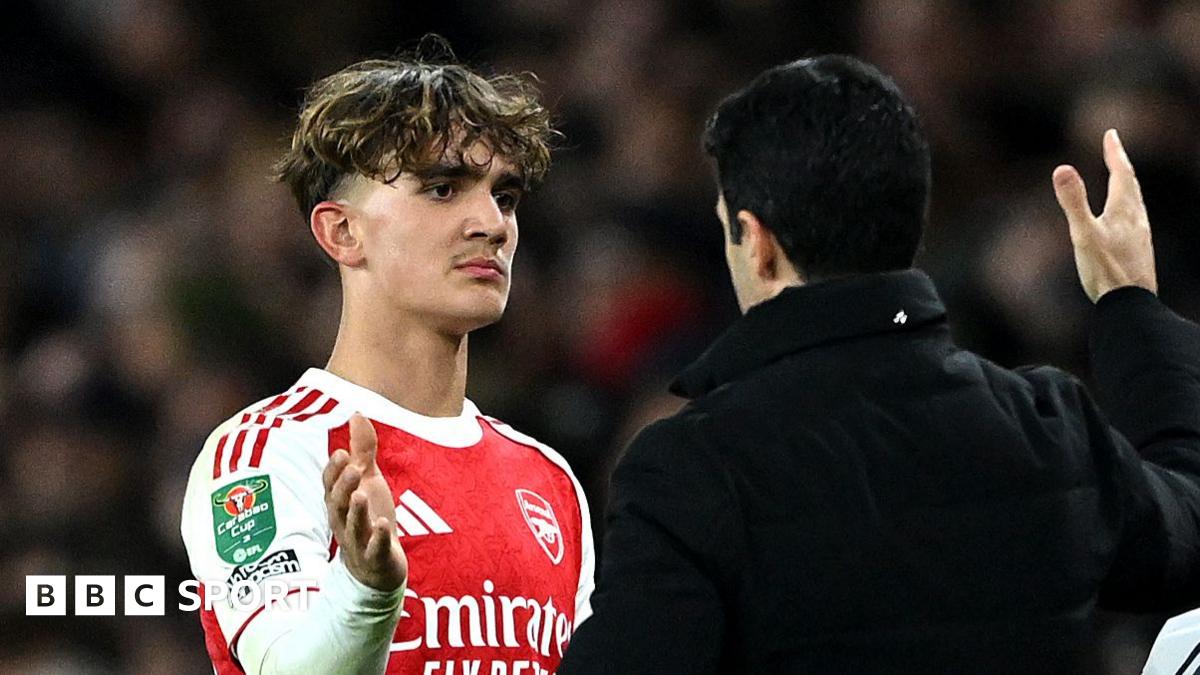Another day, another record for 15-year-old Max Dowman. But Arsenal’s teenage prodigy is taking everything in his stride, according to his manager Mikel Arteta.
The winger had already written himself into Arsenal’s history books by becoming the…

Another day, another record for 15-year-old Max Dowman. But Arsenal’s teenage prodigy is taking everything in his stride, according to his manager Mikel Arteta.
The winger had already written himself into Arsenal’s history books by becoming the…